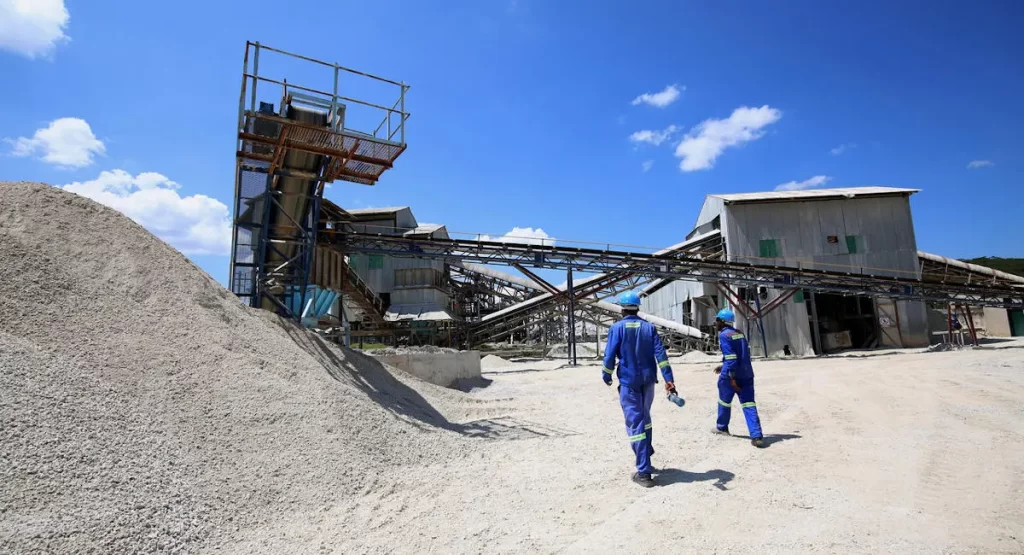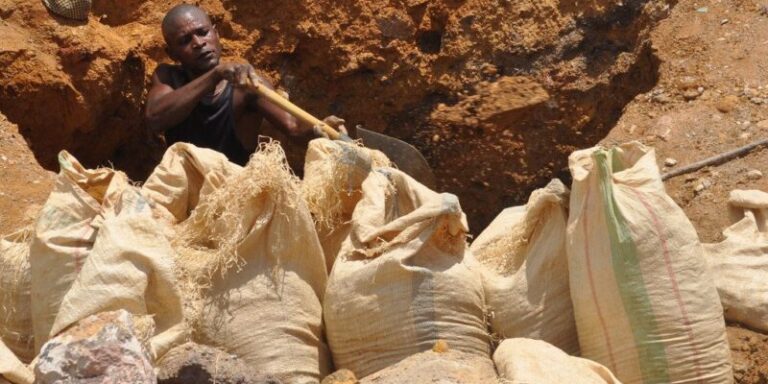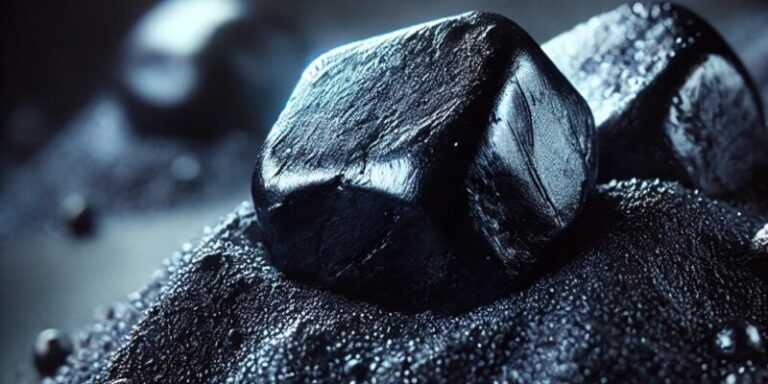
Lepidico has announced the commencement of site works for the Karibib Lithium Project, with mining operations scheduled to commence in early 2025.
The project encompasses the Helikon and Rubicon mines and is poised to create significant employment opportunities.
According to Lepidico’s corporate update, the project is expected to generate 115 direct jobs and over 800 indirect jobs once operational.
With a commitment of US$63 million, Lepidico aims to develop the Rubicon and Helikon mines, along with a 60,000tpa output concentrator set to start up in August 2025.
Ongoing drilling activities, such as the Helikon 2-4 drilling exercise, aim to extend the Phase 1 life of the project to more than 20 years.
The Karibib Lithium Project holds historical significance, potentially being the first known lithium reserve discovered in Namibia in the 1930s, with mining activities dating back to the 1950s by the Klochner Group of Germany.
The tenure of the project includes historic lithium-tantalum-caesium mines, which operated intermittently from 1930 to 1994, producing approximately 17,000 tonnes of lithium mineral concentrates between 1980 and 1994.
Notably, Helikon 1 and Helikon 2-5 pegmatites represent significant geological features of the project, with vast potential for lithium extraction.
Situated on Farm Okongava 72, owned by the Namibian Government, the project has secured an offtake agreement with Traxys Europe for 100% of lithium hydroxide production volume from Phase 1. Traxys will provide comprehensive sales, marketing, logistics, and trade finance services for seven years, with an option to extend.
Additionally, Traxys will act as an agent for the production of caesium sulfate solution from the Abu Dhabi Chemical Plant.
Traxys, a multinational marketer, distributor, and trader, brings extensive expertise in base metals, chemicals, industrial minerals, rare earths, and other materials, further enhancing the strategic partnership between Lepidico and Traxys in advancing the Karibib Lithium Project.





